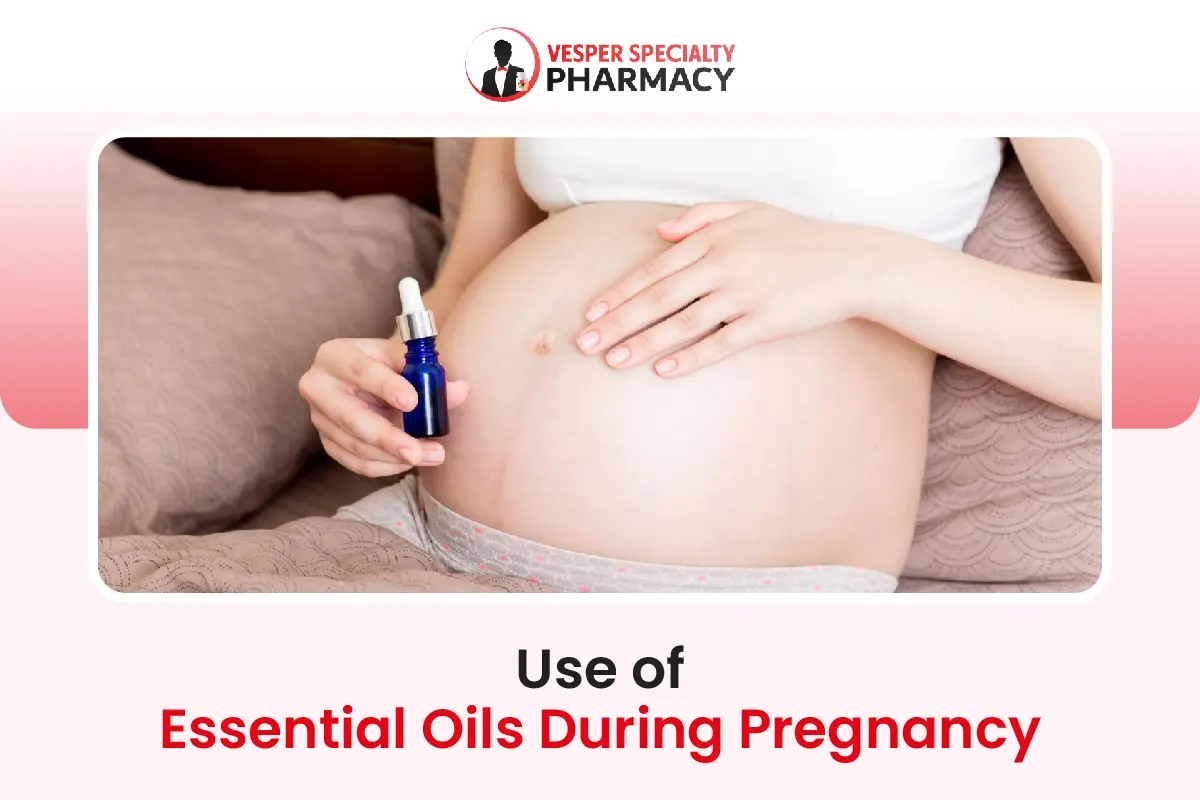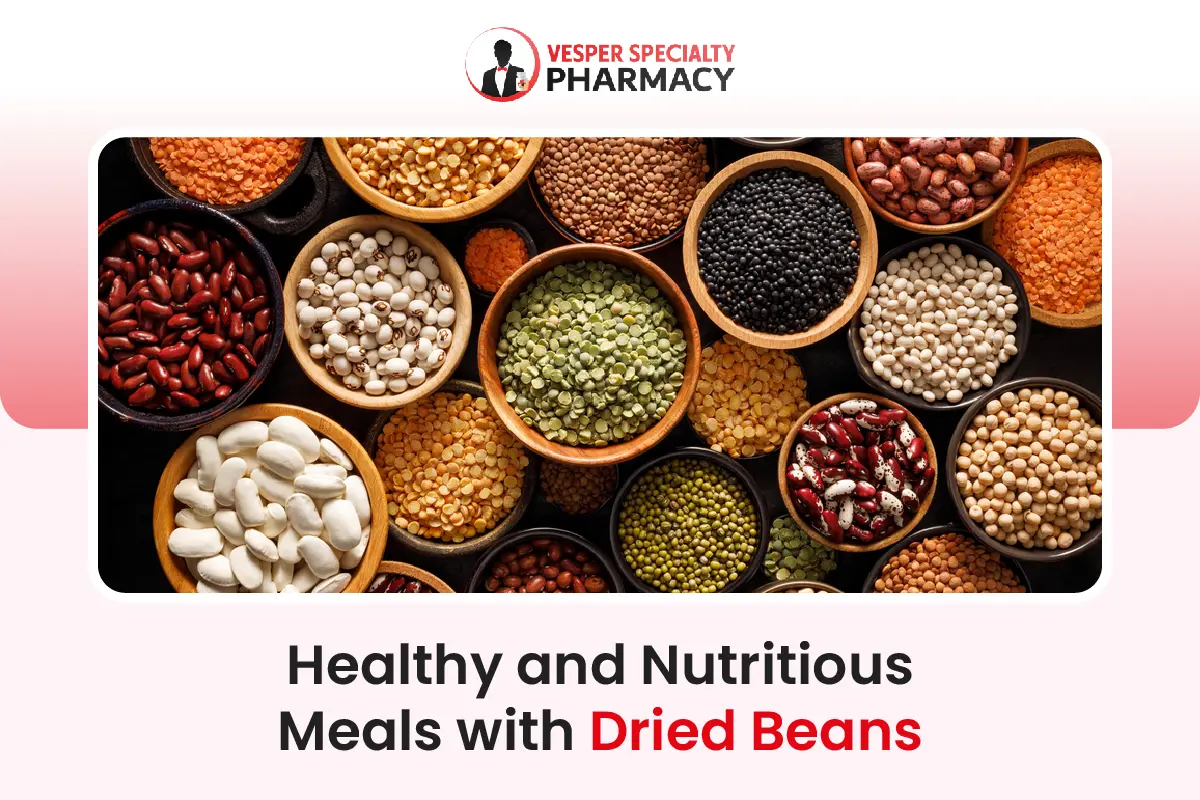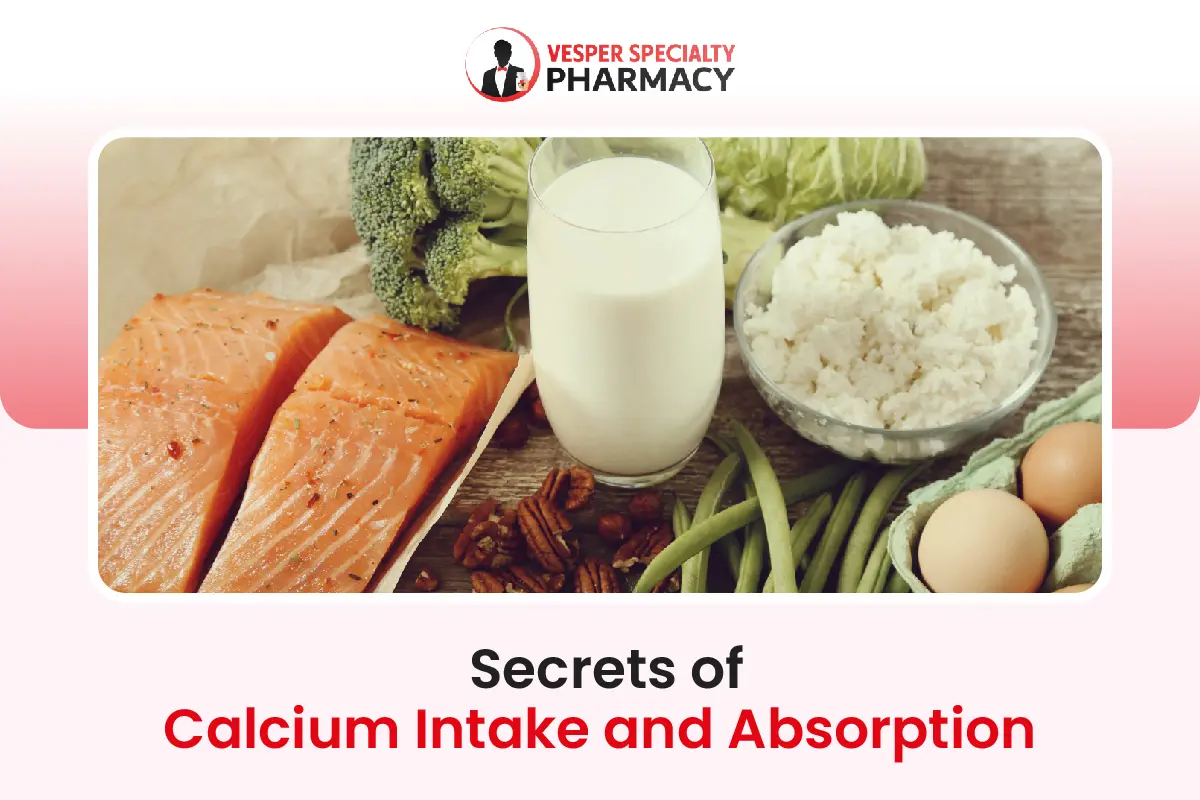Navigating pregnancy comes with a myriad of considerations, especially when it pertains to personal care and wellness. Essential oils, known for their therapeutic properties, often find their way into discussions surrounding pregnancy. However, ensuring their safe use during this crucial period is paramount.
Table of Contents
What Are Essential Oils?
Essential oils are highly concentrated extracts derived from various parts of plants, including flowers, leaves, stems, roots, and fruits. These oils capture the essence and fragrance of the plant from which they are extracted, imbuing them with potent therapeutic properties.
The extraction process typically involves methods such as steam distillation, cold pressing, or solvent extraction. During steam distillation, steam is passed through the plant material, causing the volatile compounds within the plant to evaporate.
The resulting steam, which contains the essential oil, is then condensed back into a liquid form. Cold pressing, on the other hand, is primarily used for citrus oils, where mechanical pressure is applied to the plant material to extract the oil.
Essential oils consist of a complex mixture of organic compounds, including terpenes, phenols, alcohols, esters, and ketones. These compounds contribute to the distinct aroma and therapeutic properties of each essential oil.
Safety Precautions During Pregnancy
Pregnancy is a time of heightened sensitivity and caution when it comes to personal care and wellness practices. This extends to the use of essential oils, which, while natural, can have potent effects on both the mother and the developing fetus. To ensure the safety of both, it is essential to adhere to specific precautions:
Consultation with Healthcare Provider
Before incorporating essential oils into your pregnancy regimen, it is imperative to seek guidance from your healthcare provider. Your healthcare provider is familiar with your medical history, current health status, and the unique nuances of your pregnancy, allowing them to offer personalized advice tailored to your individual needs.
During your consultation, be sure to discuss any existing health conditions, medications, or allergies, as these factors may influence the safety and efficacy of essential oil usage during pregnancy. Your healthcare provider can provide valuable insights and recommendations regarding the appropriate oils to use, as well as any potential risks or contraindications to consider.
Dilution and Application
When using essential oils during pregnancy, proper dilution is crucial to ensure their safe and effective use. Essential oils are highly concentrated substances and can cause irritation or sensitization when applied directly to the skin in their undiluted form. To dilute essential oils, mix them with a carrier oil, such as almond, coconut, or jojoba oil, at a recommended ratio of 1-2% essential oil to carrier oil.
When applying diluted essential oils topically, exercise caution to avoid sensitive areas such as the abdomen, breasts, and inner thighs. Instead, focus on areas with good circulation, such as the wrists, temples, or bottoms of the feet. Perform a patch test on a small area of skin before widespread use to check for any adverse reactions or sensitivities.
Avoidance of Certain Oils
While many essential oils are considered safe for use during pregnancy when used appropriately, some oils should be avoided altogether due to their potential to cause adverse effects or harm to the developing fetus. These include oils such as basil, cinnamon, clove, and oregano, which are known to have stimulating or uterine-contracting properties.
It is also advisable to exercise caution with oils that have not been extensively studied or lack sufficient safety data, as their effects during pregnancy may be unknown or unpredictable. When in doubt, err on the side of caution and choose safer alternatives with a well-established safety profile.
Inhalation and Diffusion
Inhalation of essential oils through methods such as diffusion or steam inhalation is generally considered safe during pregnancy and can offer therapeutic benefits without direct skin contact. Diffusers disperse essential oil particles into the air, allowing them to be inhaled and absorbed through the respiratory system.
When using essential oil diffusers during pregnancy, ensure proper ventilation to prevent the buildup of concentrated vapors in enclosed spaces. Limit the duration of diffusion sessions to avoid overwhelming the senses or triggering respiratory discomfort. Opt for gentle, calming oils such as lavender, chamomile, or citrus oils to promote relaxation and emotional wellbeing.
Benefits of Essential Oils During Pregnancy
Essential oils offer a plethora of benefits for expectant mothers, providing natural solutions to alleviate common discomforts, support emotional well-being, and address skincare concerns. When used safely and appropriately, essential oils can enhance the pregnancy experience and promote overall wellness.
Alleviation of Common Discomforts
Pregnancy often brings with it a variety of discomforts, ranging from nausea and fatigue to muscle aches and headaches. Essential oils can serve as effective remedies for alleviating these symptoms, offering relief in a gentle and natural manner.
Peppermint oil, renowned for its soothing properties, is particularly effective in relieving nausea and digestive discomforts commonly experienced during pregnancy. Simply inhaling the refreshing aroma of peppermint oil or diluting it with a carrier oil and applying it to the wrists or temples can help ease feelings of queasiness and promote digestive comfort.
Lavender oil, prized for its calming and analgesic effects, can help alleviate tension headaches, muscle soreness, and general feelings of stress or anxiety. Diffusing lavender oil in the bedroom or adding a few drops to a warm bath can promote relaxation and enhance sleep quality, allowing expectant mothers to enjoy much-needed rest and rejuvenation.
Ginger oil, known for its anti-inflammatory and antiemetic properties, is another valuable ally in combating nausea and morning sickness. Inhaling the warm, spicy aroma of ginger oil or adding a drop to a glass of warm water can provide relief from nausea and settle the stomach.
Support for Emotional Wellbeing
Pregnancy is a time of profound emotional transformation, characterized by a rollercoaster of feelings ranging from joy and excitement to anxiety and apprehension. Essential oils can play a significant role in supporting emotional balance and promoting a sense of calm and well-being.
Chamomile oil, with its gentle and soothing aroma, is renowned for its ability to reduce stress, anxiety, and irritability. Inhaling the delicate scent of chamomile oil or adding a few drops to a warm compress can help calm the mind and ease tension, fostering a sense of tranquility and relaxation.
Bergamot oil, prized for its uplifting and mood-enhancing properties, can help alleviate feelings of depression and low mood commonly experienced during pregnancy. Diffusing bergamot oil in the home or adding a drop to a cotton ball and inhaling deeply can uplift the spirits and promote emotional well-being.
Ylang ylang oil, with its exotic and floral aroma, is known for its aphrodisiac properties and can help enhance feelings of intimacy and connection between expectant parents. Adding a few drops of ylang ylang oil to a carrier oil and using it for massage can promote relaxation and intimacy, strengthening the bond between partners during this transformative time.
Natural Skincare Solutions
Pregnancy often brings changes to the skin, including increased sensitivity, dryness, and the development of stretch marks. Essential oils offer natural skincare solutions, nourishing the skin and addressing common concerns without the use of harsh chemicals or synthetic ingredients.
Rosehip oil, rich in essential fatty acids and antioxidants, is prized for its ability to hydrate the skin, improve elasticity, and reduce the appearance of stretch marks and scars. Applying rosehip oil directly to the skin or incorporating it into a homemade body butter or lotion can help keep the skin supple and moisturized throughout pregnancy.
Frankincense oil, with its rejuvenating and anti-aging properties, can help promote skin regeneration and repair, making it particularly beneficial for addressing stretch marks and scars. Adding a few drops of frankincense oil to a carrier oil and massaging it into the skin regularly can help improve skin texture and tone, restoring a youthful glow.
Geranium oil, known for its balancing and astringent properties, can help regulate sebum production and minimize the appearance of acne and blemishes commonly experienced during pregnancy. Adding a drop of geranium oil to a gentle facial cleanser or toner can help clarify the skin and promote a clear, radiant complexion.
Conclusion
Incorporating essential oils into your pregnancy journey can offer numerous benefits when approached with caution and informed decision-making. By prioritizing safety, consulting with healthcare professionals, and adhering to recommended guidelines, expectant mothers can harness the therapeutic potential of essential oils while safeguarding their health and the well-being of their unborn child.














